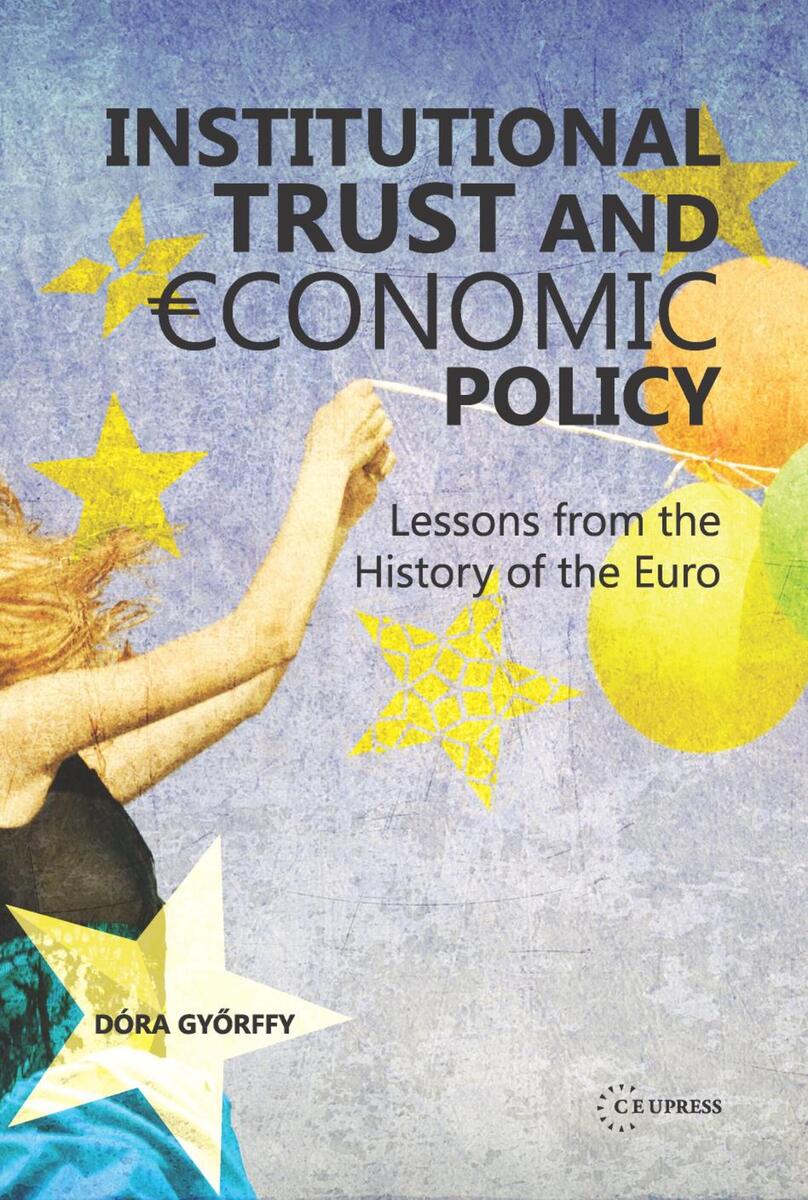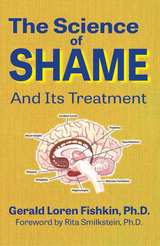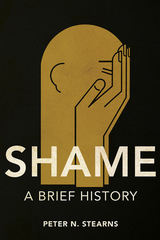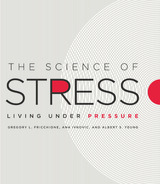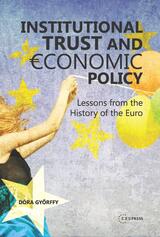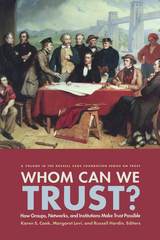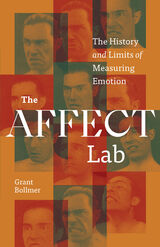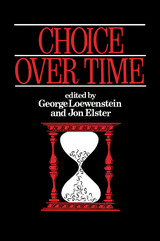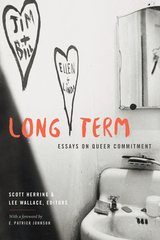Institutional trust and economic policy Lessons from the history of the Euro: Lessons from the history of the Euro
Central European University Press, 2013
Cloth: 978-615-5225-22-2 | eISBN: 978-615-5225-34-5 (PDF)
Library of Congress Classification BF575.T7G96 2013
Dewey Decimal Classification 338.5019
Cloth: 978-615-5225-22-2 | eISBN: 978-615-5225-34-5 (PDF)
Library of Congress Classification BF575.T7G96 2013
Dewey Decimal Classification 338.5019
ABOUT THIS BOOK | AUTHOR BIOGRAPHY | TOC
ABOUT THIS BOOK
The book seeks to link theoretical debates on the relevance of trust in economic outcomes with the current arguments about the origins and lessons of the subprime crisis. By what mechanisms does trust influence economic outcomes? Under what conditions do these mechanisms prevail? How do debates about trust help our understanding of the subprime crisis in the European Union? By integrating insights from Post-Keynesian, Austrian and new institutional economics, the central proposition of the analysis is that the presence or absence of institutional trust creates virtuous and vicious cycles in law-abiding, which critically influence the possibility for economic agents to have realistic long-term plans.
See other books on: Euro | European Union countries | history | Microeconomics | Trust
See other titles from Central European University Press
